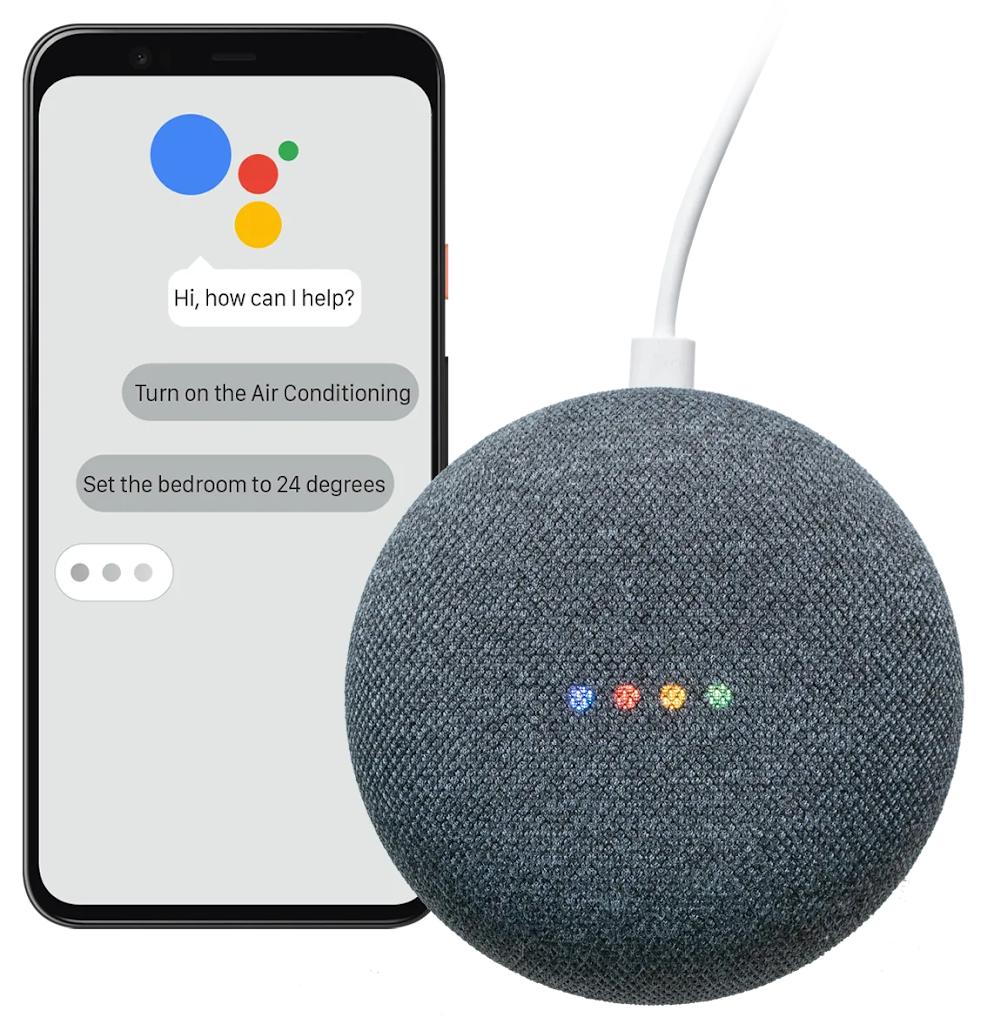| Take control of your smart home with the power of virtual assistants. Learn how to choose the right one for your needs and discover the benefits of a smarter, more connected home |
As technology continues to advance, our homes are becoming increasingly smart and connected. With the rise of voice assistants, we can now control our devices, access information, and manage our daily routines with ease. But with so many options available, it can be overwhelming to choose the right virtual assistant for your smart home. In this article, we’ll explore the best virtual assistants of 2024, highlighting their features, benefits, and compatibility with popular smart devices.
What is a Virtual Assistant?
A virtual assistant is a software program that uses artificial intelligence (AI) to perform tasks, answer questions, and control devices. These assistants can be integrated with various smart devices, allowing you to control your home’s temperature, lighting, security, and entertainment systems with voice commands.
Top Virtual Assistants of 2024
1. Amazon Alexa
Amazon Alexa is one of the most popular virtual assistants on the market. With over 100,000 skills and compatibility with thousands of devices, Alexa is a versatile and powerful choice for smart homes. Alexa can control lights, thermostats, security cameras, and more, as well as answer questions, play music, and provide news updates.
Pros: Wide range of compatible devices, affordable pricing, and seamless integration with Amazon services.
Cons: Limited compatibility with non-Amazon devices, occasional lag in response time.
2. Google Assistant
Google Assistant is another top contender in the virtual assistant market. With its advanced AI capabilities and integration with Google’s vast knowledge base, Assistant can answer complex questions and perform tasks with ease. Google Assistant is compatible with a wide range of devices, including smart speakers, displays, and smartphones.
Pros: Advanced AI capabilities, seamless integration with Google services, and compatibility with a wide range of devices.
Cons: Limited compatibility with non-Google devices, occasional issues with voice recognition.
3. Apple Siri
Apple’s Siri is a popular virtual assistant for iOS devices and Mac computers. With its advanced natural language processing capabilities, Siri can understand complex voice commands and perform tasks with ease. Siri is integrated with Apple’s ecosystem, allowing for seamless control of Apple devices and services.
Pros: Advanced natural language processing, seamless integration with Apple devices and services, and compatibility with a wide range of Apple devices.
Cons: Limited compatibility with non-Apple devices, occasional issues with voice recognition.
4. Microsoft Cortana
Microsoft Cortana is a virtual assistant developed by Microsoft. With its advanced AI capabilities and integration with Microsoft services, Cortana can answer questions, perform tasks, and control devices. Cortana is compatible with Windows devices, as well as Android and iOS smartphones.
Pros: Advanced AI capabilities, seamless integration with Microsoft services, and compatibility with a wide range of devices.
Cons: Limited compatibility with non-Microsoft devices, occasional issues with voice recognition.
5. Samsung Bixby
Samsung Bixby is a virtual assistant developed by Samsung. With its advanced AI capabilities and integration with Samsung devices, Bixby can answer questions, perform tasks, and control devices. Bixby is compatible with Samsung smartphones, smartwatches, and smart home devices.
Pros: Advanced AI capabilities, seamless integration with Samsung devices, and compatibility with a wide range of Samsung devices.
Cons: Limited compatibility with non-Samsung devices, occasional issues with voice recognition.
How to Choose the Right Virtual Assistant for Your Smart Home
When choosing a virtual assistant for your smart home, consider the following factors:
1. Device compatibility: Ensure the virtual assistant is compatible with your smart devices and devices you plan to integrate.
2. AI capabilities: Consider the virtual assistant’s advanced AI capabilities, such as natural language processing and machine learning.
3. Integration with services: Consider the virtual assistant’s integration with your favorite services, such as music streaming or news providers.
4. Voice recognition: Consider the virtual assistant’s voice recognition capabilities, including accuracy and range.
5. Pricing: Consider the virtual assistant’s pricing, including any subscription fees or hardware costs.
Choosing the right virtual assistant for your smart home can be overwhelming, but by considering the factors mentioned above, you can make an informed decision. Whether you’re looking for a virtual assistant with advanced AI capabilities or seamless integration with your favorite services, there’s a virtual assistant on this list that’s right for you. With the rise of smart homes and devices, virtual assistants are becoming increasingly important for controlling and managing our daily routines. By choosing the right virtual assistant, you can experience the convenience and benefits of a smart home like never before.
Additional Tips and Resources
For more information on virtual assistants and smart homes, check out our comprehensive guide to smart home technology. The comprehensive guide to smart home technology .
For tips on how to optimize your virtual assistant for better performance, check out our article on optimizing your virtual assistant for better results. How to Optimize Your Virtual Assistant for Better Performance.
By following these tips and considering the factors mentioned above, you can choose the right virtual assistant for your smart home and experience the convenience and benefits of a smart home like never before.

